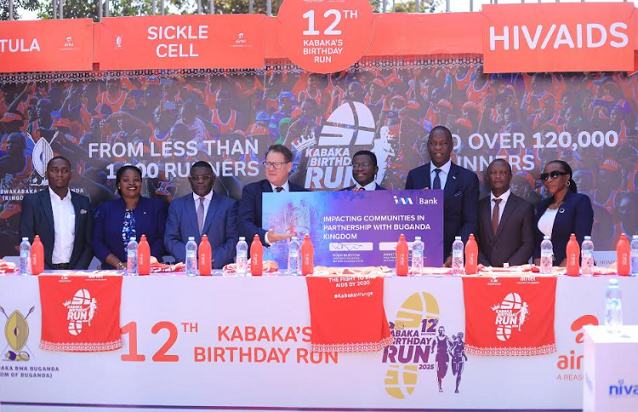Ministers in the East African region and the Horn of Africa have agreed to a list of resolutions to govern labor migration.
According to a statement issued on Friday by Uganda’s Gender minister, Frank Tumwebaze, the meeting held from the 20th – 21st of January in Kenya’s capital Nairobi, agreed among other things to promote regional cooperation in combating trafficking in persons.
BELOW IS HIS STATEMENT
PRESS STATEMENT ON RESOLUTIONS BY THE REGIONAL MINISTERIAL FORUM ON HARMONIZING LABOUR MIGRATION POLICIES IN EAST AND HORN OF AFRICA
The Executive Director Media Centre,
Ladies and gentlemen of the press,
It is my pleasure to address you this morning on the Regional Ministerial Forum on Harmonizing Labour Migration Policies in the East Africa and Horn of Africa that I attended in Nairobi, Kenya from the 20th – 21st January 2020.
The forum was also attended by Ministers responsible for labour migration from Burundi, Djibouti, Eritrea, Ethiopia, Kenya, Rwanda, Somalia, South Sudan and Tanzania.
The objectives of the forum were:-
(i) To discuss a harmonized regional strategy on negotiation of Bilateral Labour Agreements with the European Union and Gulf Cooperation Countries;
(ii) To share information on the trends, priorities, needs and interests of member states in order to foster safe and orderly labour mobility within Africa;
(iii) To enhance the knowledge and skills of Government, Stakeholders on the establishment of effective mechanisms of preparing migrant workers for employment abroad.
(iv) To discuss strategies of promoting and protecting the rights of African Migrant workers abroad;
(v) To strengthen regional cooperation on labour migration policy.
(vi) To cooperate in strengthening the capacity of labour migration management institutions
(vii) To promote regional cooperation in combating trafficking in persons
The key recommendations of the forum were:-
(i) The member countries should revise their laws to facilitate portability of social security benefits to include migrants’ workers;
(ii) The member countries should strengthen the national statistical institutions and data collection mechanisms as well as cooperation on exchange and analysis to inform policies and labour migration governance;
(iii) Member states should establish collaboration on diplomatic and consular assistance for migrants’ workers in particular in countries where some states do not have diplomatic representation, while at the same time promote and support the role of diaspora in assisting migrants workers and protecting their rights in vulnerable situations;
(iv) The registration and regulation of private employment agencies and sharing the information on the registered agencies as well as formation of regional associations to enhance self-regulation amongst private employment agencies should be hamormised;
(v) Member states should promote access to justice by strengthening consular services including posting labour attaches for effective protection of the rights of migrant workers in destination countries.
For God and my Country





